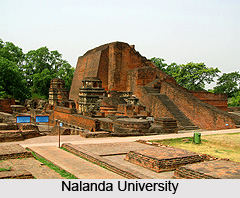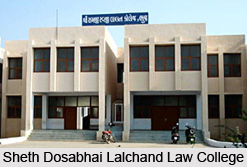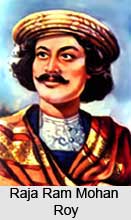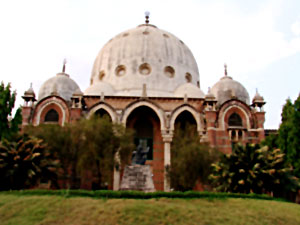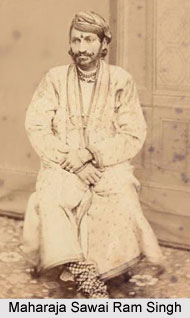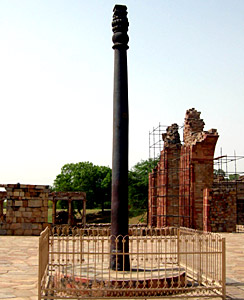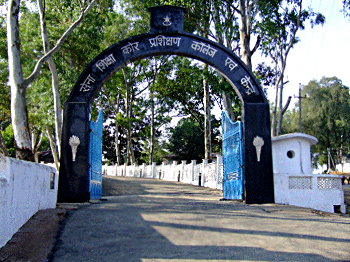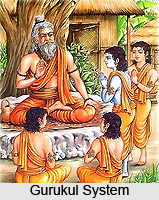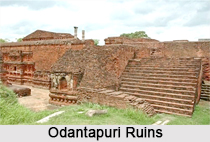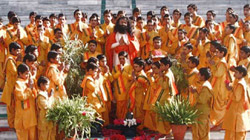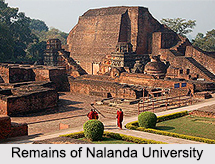The Kidwai Memorial Institute of Oncology is situated in the city of Bangaluru in Karnataka, India and is it considered to be one of the premiere medical institutions in the state. The institute started its journey on 26th June, 1973 and it was named after the then Governor of Bombay (present day Mumbai), Mr. Rafi Ahmed Kidwai. Mr. Kidwai had a vision for the down trodden and victims of cancer and he also donated about 20 acres of land for the establishment of the institute.
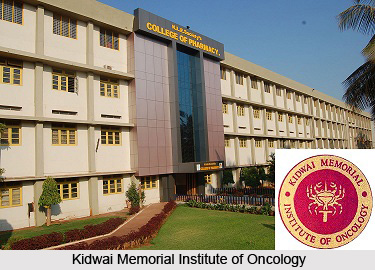 The Kidwai Memorial Institute of Oncology (KMIO), Bangaluru was founded with bed strength of 50 and it got autonomous status on 8th January, 1980. The Government of India has accorded the status of a Regional Cancer Centre to the institute on 1st November, 1980 and by this, it became one of the 11 Regional Cancer Centres in the country. The Indian Council of Medical Research (ICMR) has also recognised this referral Institution as a research association. It has become successful to change the face of the non-descript cancer hospital to a well known major and a model comprehensive regional centre for cancer research and treatment, from the year 1980 till date. The institute is offering sophisticated diagnostic and treatment services to ever increasing numbers of cancer afflicted patients from Karnataka and also neighbouring states of Andhra Pradesh, Tamil Nadu, Kerala and Maharashtra. The institute is considered to be just the next to Tata Memorial Centre in terms of organisation, accommodation, equipment, staff and patient turnover.
The Kidwai Memorial Institute of Oncology (KMIO), Bangaluru was founded with bed strength of 50 and it got autonomous status on 8th January, 1980. The Government of India has accorded the status of a Regional Cancer Centre to the institute on 1st November, 1980 and by this, it became one of the 11 Regional Cancer Centres in the country. The Indian Council of Medical Research (ICMR) has also recognised this referral Institution as a research association. It has become successful to change the face of the non-descript cancer hospital to a well known major and a model comprehensive regional centre for cancer research and treatment, from the year 1980 till date. The institute is offering sophisticated diagnostic and treatment services to ever increasing numbers of cancer afflicted patients from Karnataka and also neighbouring states of Andhra Pradesh, Tamil Nadu, Kerala and Maharashtra. The institute is considered to be just the next to Tata Memorial Centre in terms of organisation, accommodation, equipment, staff and patient turnover.
The Kidwai Memorial Institute of Oncology (KMIO), Bangaluru offers several undergraduate, postgraduate and diploma courses to the students in different specialisations of medical science. The undergraduate courses offered by the KMIO, Bangaluru include the Bachelors of Science (B.Sc) degree with a combination of Medical Lab. Technology, Radiography, Operation Theatre Technology, and Anaesthesia Technology. The students are required to pass the 10+2 in science stream for getting admitted in the course and the B.Sc degree is affiliated to the Bangalore University, Bangaluru. The institute offers both the degree and diploma courses at the postgraduate level. The degree courses include Doctorate in Medicine (MD) in the subjects like General Medicine, OBG, Pharmacology, Community Medicine, Anaesthesiology, Paediatrics, Pathology, Microbiology, Physiology, and Dermatology. The other degree course is Master of Surgery (M.S.) in the disciplines like Anatomy, General Surgery, Orthopaedics, Ophthalmology, and ENT. Both the degrees are recognised by the Bangalore University, Bangaluru.
The PG Diploma courses offered in the Kidwai Memorial Institute of Oncology (KMIO), Bangaluru include Diploma (Medical) like DGO, DCH, DA, DCP, DLO, DPH, and D`Ortho. The diploma courses are also recognised by the Bangalore University, Bangaluru. The institute offers Super Speciality Courses like M.Ch (Surgical Oncology) and DM (Medical Oncology), as well. The basic education qualification required for getting in the courses is passing PUC with science subjects (Physics, Chemistry, Biology, Botany, Zoology, and Biochemistry & Microbiology. The students have to obtain a minimum of 40% marks in the subjects; however, there is a relaxation of 5% marks for the SC/ST Candidates. The students having passed any equivalent examination recognized by RGUHS or Pre University Vocational course from a recognised Board are also considered to be eligible for admission to the institute.
Apart from the above mentioned courses, the Kidwai Memorial Institute of Oncology (KMIO), Bangaluru has also initiated a program of Professional education, technology and expertise transfer through short-term education/training programme. The initiative has been taken for undergraduate, postgraduate and staff of medical colleges/district hospitals and Primary Health Centres. The main objective of this training programme is training the medical personnel in prevention, diagnosis and treatment of cancer in early stages in their respective areas.
